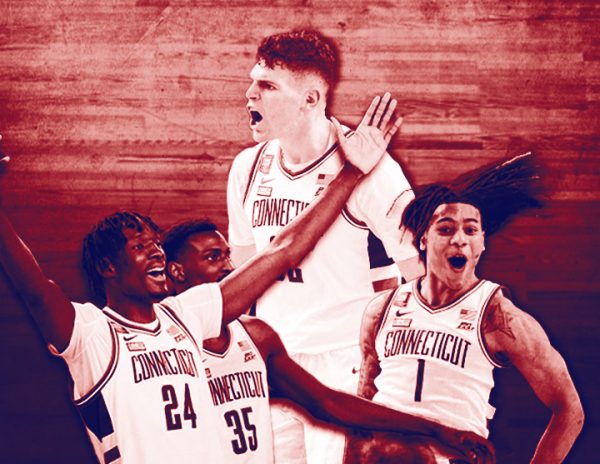Schools must hold students accountable for hateful online speech
More stories from Robin Boch
When students are criticized and bullied because of their identities, it should not matter what platform was used to make these comments. Universities must adapt to the growing social media culture and treat anything said online the same as if it were said in person. Whether said to another person’s face, behind their back or online, community members must be held accountable for their actions.
A few major court cases across various states have dealt with students using social media and the internet to spread hateful messages. The Supreme Court, however, has declined to hear cases regarding schools’ right to punish students over what is said via social media.
As social media continues to permeate everyday life, the Supreme Court, as well as individual schools and universities, must be willing to confront this issue and recognize that, without limits in place, students have the ability to use social media as an outlet for belittling their peers.
To date, cases involving hateful speech on social media have come from public high schools. Cases involving private universities such as Tulane would be new territory for the judicial system.
Obviously, it is impossible to keep track of all offensive, homophobic and racist commentary happening online. That being said, if concerned students comes forward with the evidence of such an occurrence, they should be taken seriously and treated the same as any other victims of bullying or discrimination.
Numerous private high schools have policies in place that allow them to discipline students if they share anything threatening or offensive over social media. The idea behind these policies is that, because students actively make a choice to go to a given school, they also choose to accept and follow the rules in place, even if these policies might limit their ability to speak freely over the media.
All Tulane students chose to come here for one reason or another, and they are free to leave if they are unhappy with any policies regarding social media use. Tulane should also feel comfortable adopting policies similar to these other private institutions if it truly values the importance of protecting its students from hate, both off and online.
Some may argue that limiting what students can say on social media is a breach of the First Amendment. A line needs to be drawn, however, that separates free speech from the ability to disparage one’s peers without repercussions.
Whether or not it is legally-decided that schools have a right to punish their students over such actions, a discussion needs to take place. Students’ safety and security should be the university’s top priority, and anything threatening it, even if done over social media, should be taken seriously.
This is an opinion piece and does not reflect the views of The Tulane Hullabaloo. Robin is a sophomore at Newcomb-Tulane College. She can be reached at [email protected].
Leave a Comment
Your donation will support the student journalists of Tulane University. Your contribution will allow us to purchase equipment and cover our annual website hosting costs.
















Ouden Oida • Sep 29, 2017 at 2:12 pm
Belittling a peer is not the same thing as hate speech. And hate speech is protected speech. (The Brookings Institute has a really illuminating analysis: https://www.brookings.edu/blog/fixgov/2017/09/18/views-among-college-students-regarding-the-first-amendment-results-from-a-new-survey/) In order not to be protected by the first amendment, a speech must constitute more than simply the expression of hate. I hate no one, no group, no identity. I am of perfectly moderate opinions. And yet, I comfortably side with the Bill of Rights, and will defend with all my power the right of someone to speak hate. Free speech is essential for free discussion, critical thinking, and REAL social progress. Mill, Tocqueville, Daryl Davis saw/see this with heroic clarity. NYTimes recently had an interesting article on part of the issue as well: https://www.nytimes.com/2017/09/24/opinion/dying-art-of-disagreement.html?smid=fb-share
Recent Tulane Alum • Sep 22, 2017 at 5:40 pm
Agree with the author in terms of actual hate speech, but am concerned with her application. First Amendment protects unpopular speech, and ‘hate speech’ today includes things that most certainly don’t constitute hate speech, at least legally. Recently, the PC police at Tulane have outwardly bashed anything Pro-life, conservative, and even tried to throw a frat off campus for supporting a presidential candidate. I can only imagine the ramifications when they begin filtering private online dialogue.